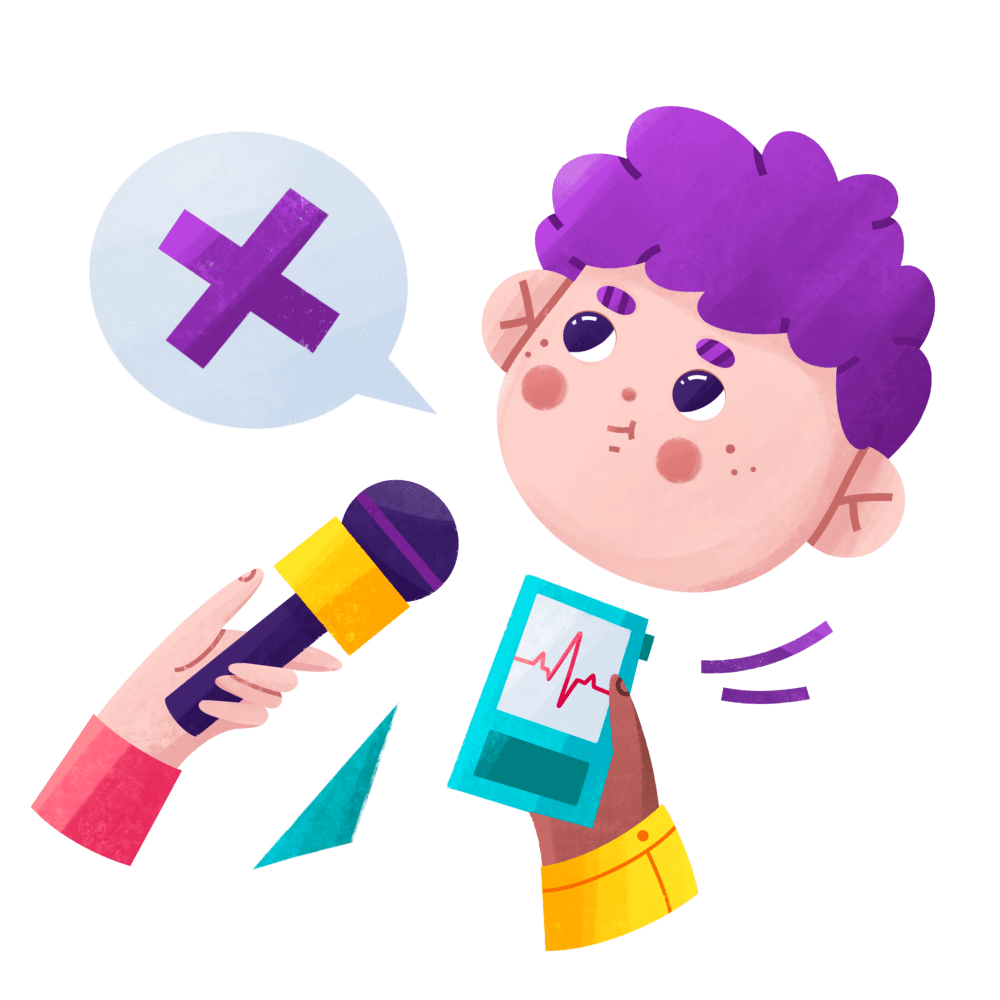Embarking on a holistic exploration of mental health, this article delves into the interconnected realms of unmet needs and repressed emotions. Various therapeutic approaches, including cognitive-behavioral therapy (CBT), humanistic therapies, and psychoanalysis, offer diverse insights into addressing these complex challenges. Understanding Unmet Needs Unmet needs stem from societal expectations, cultural norms, interpersonal dynamics, and personal… Continue reading
Category Therapy
Selective Mutism: Origins, Diagnosis, and Treatment
Selective Mutism (SM) is a childhood anxiety disorder characterized by the consistent inability to speak in specific social situations. This article provides a comprehensive overview of its origins, diagnostic criteria, and available treatment options. Origins of Selective Mutism SM often emerges in childhood and is associated with a combination of genetic factors, a shy temperament,… Continue reading
Understanding Generalized Anxiety Disorder: Diagnosis and Treatment
Generalized Anxiety Disorder (GAD) is a common mental health condition characterized by excessive worry and anxiety about various aspects of life. In this article, we will explore the diagnostic criteria for GAD and delve into effective treatment options. Diagnostic Criteria for Generalized Anxiety Disorder To receive a diagnosis of GAD, an individual must meet specific… Continue reading
Exploring Freudian Perspectives on Neurosis and Hysteria
Sigmund Freud, the father of psychoanalysis, made groundbreaking contributions to the understanding of mental disorders, particularly neurosis and hysteria. In this article, we delve into Freud’s theories surrounding these psychological phenomena, exploring through the lens of psychoanalytic principles. Neurosis According to Freud Freud defined neurosis as a condition where an individual experiences excessive anxiety without… Continue reading
Can therapy be helpful for weight loss?
Embarking on a weight loss journey often involves a difficult approach, and Cognitive Behavioral Therapy (CBT) stands out as a powerful tool in addressing the psychological aspects of weight management. This article explores the integration of CBT into therapy and how it contributes to achieving sustainable weight loss. Identifying and Restructuring Negative Thought Patterns CBT… Continue reading
Decoding Bulimia Nervosa and Treatment
Bulimia nervosa is marked by recurrent binge eating followed by compensatory behaviors; this disorder permeates beyond the physical realm, affecting emotional and social well-being. In this comprehensive exploration, we delve into the eating disorder of bulimia nervosa, examining its causes, symptoms, and available treatment options and ensuring a thorough examination of the diagnostic criteria alongside… Continue reading
Anorexia Nervosa, Symptoms, Coping and Treatment
Anorexia nervosa is an eating disorder characterized by an intense fear of gaining weight, self-imposed starvation, and distorted body image; anorexia demands a comprehensive approach to treatment and recovery. In this article, we delve into the symptoms of anorexia, explore various treatment options, and shed light on the transformative power of Cognitive Behavioral Therapy (CBT)… Continue reading
Understanding Resistance in Therapy
Therapy is a powerful tool for personal growth, self-discovery, and healing. However, the therapeutic journey is not always a straightforward path. Resistance is a common phenomenon that can emerge during therapy, creating challenges for both clients and therapists. In this article, we will explore what resistance in therapy entails, why it occurs, and how it… Continue reading
The Transformative Power of the Therapeutic Relationship
The therapeutic relationship between a therapist and a client is often considered the cornerstone of effective counseling. This connection forms the basis for healing and personal growth, transcending traditional roles to create a space where trust, understanding, and empathy flourish. In this article, we will explore the intricate elements that contribute to a successful therapeutic… Continue reading
Secondary Trauma and Its Effect on Mental health
One such topic that often goes unnoticed but leaves an indelible mark is secondary trauma. Unlike primary trauma, which directly affects an individual, it stems from witnessing or hearing about the suffering of others. In this article, we’ll explore what secondary trauma is, how it can affect our lives, and strategies to cope with its… Continue reading









